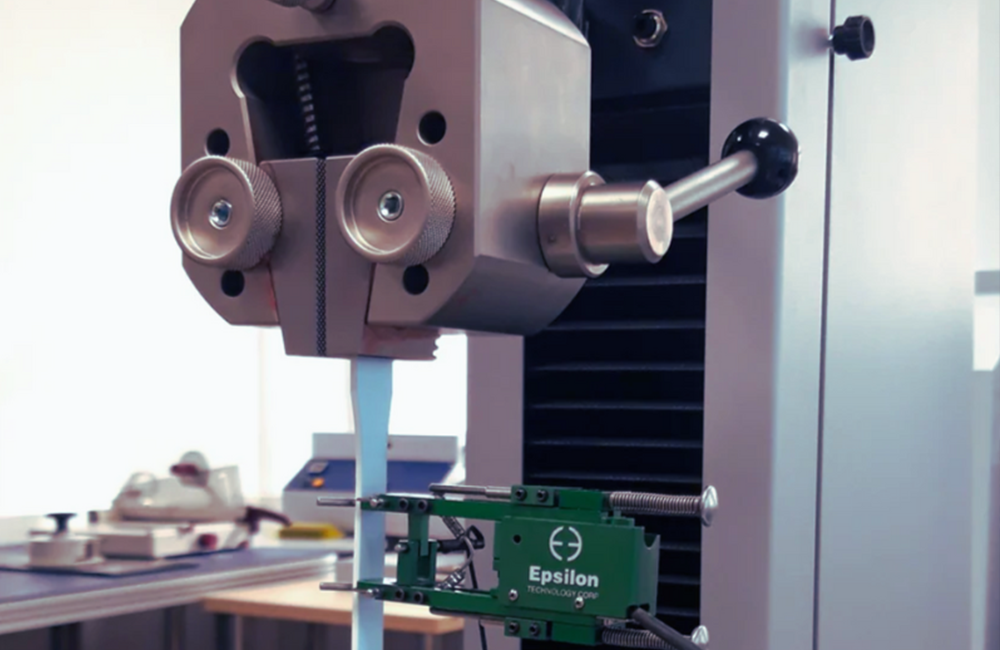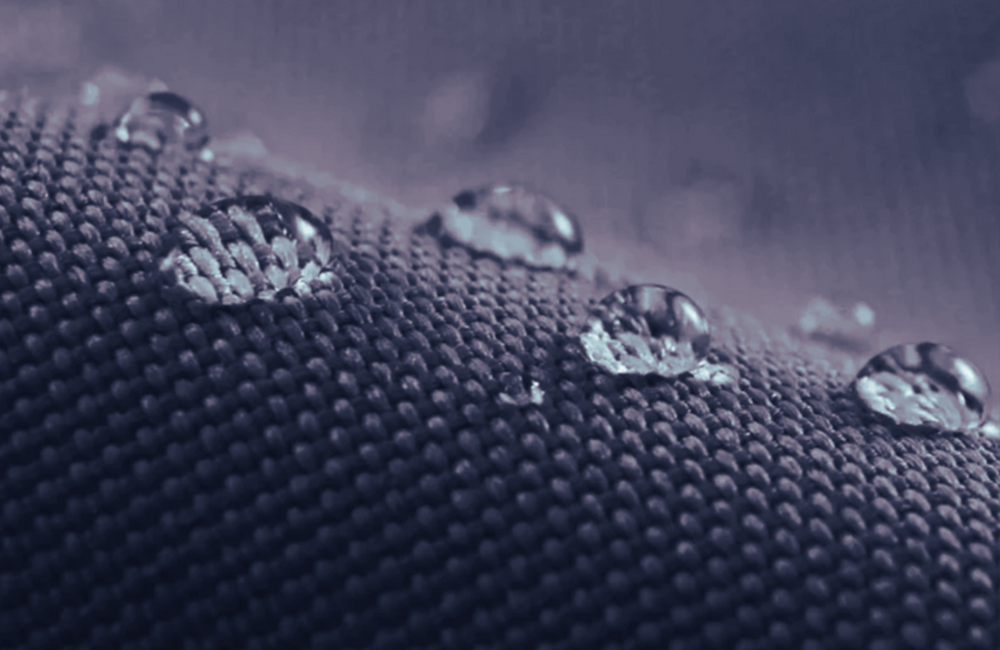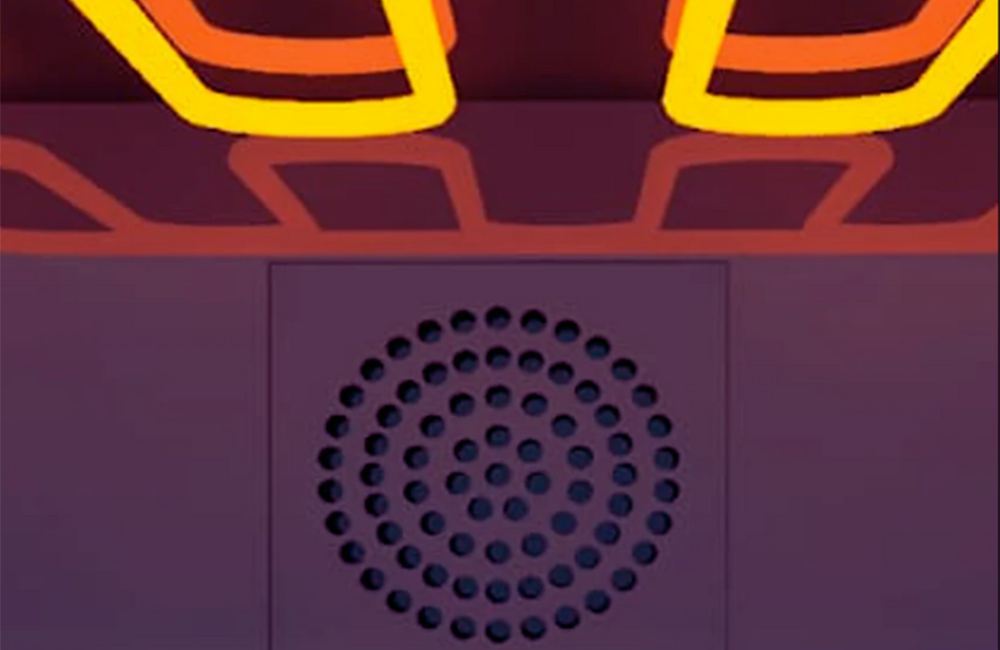Polyester Test Results
Testing 'Smart and Techno Fabrics', a collaborative project between the Victoria & Albert Museum and the Textile Conservation Centre

Tensile strength and pleating.
Preliminary tests on tensile strength and pleating show permanent heat-set pleats in polyester fabrics don't weaken them. Pleated samples exhibited similar strength to non-pleated ones, indicating pleats have no adverse effects on fabric strength.
✧ Permanent pleats retain fabric strength
✧ No adverse effects on tensile strength

Water Exposure
Soaking tests with deionized water on polyester fabrics show no adverse effects on mechanical strength. Samples soaked for 10 minutes and air-dried displayed unchanged strength, indicating deionized water cleaning poses no risk to fabric integrity.
✧ No strength loss from soaking
✧ No adverse effects

Light Ageing
Light ageing tests indicate polyester fabric's tensile strength remains unaffected even after 80 years of museum illumination.Additionally, the techno pre-treatment on 'spattering' showed no adverse effects on fabric durability, ensuring long-term stability.
✧ Unaffected tensile strength after 80 years
✧ Techno pre-treatment ensures durability

Heat Ageing
Heat ageing tests at 60ºC for three months showed no alteration in mechanical properties for plain polyester fabric or 'spattering'. Subsequent testing at 80ºC for two months also revealed unchanged tensile strength, confirming the exceptional stability of the polyester fabrics.
✧ Stable mechanical properties at 60ºC
✧ Unchanged tensile strength at 80ºC
Conclusion
Polyester canvases offer artists a versatile and reliable medium to unleash their creativity.
With its exceptional strength, resilience, and water resistance, polyester stands as the perfect choice for artists seeking canvases that can withstand the test of time, ensuring their artworks remain vibrant and intact for generations to come.
Discovering the Real Environmental Impact
YES - Fabric that is 100% polyester is indeed recyclable!
Here are some reasons why polyester may be considered more sustainable than cotton in certain situations:
Back to sustainabilityA Guide to Efficient Water Management
Cotton cultivation is notorious for its high water consumption. It typically requires significant irrigation, leading to water scarcity issues in regions where cotton is grown.
In contrast, polyester production does not rely on agricultural water usage, making it less water-intensive overall.
Balancing Growth and Sustainability
Cotton farming often involves large areas of land, which can lead to deforestation, habitat destruction, and soil degradation.
Polyester production, being a synthetic fiber,does not require agricultural land for cultivation, potentially reducing pressure on ecosystems and biodiversity.
Reducing Impact for a Safer Environment
Cotton farming relies heavily on pesticides, insecticides, and fertilizers, many of which can be harmful to human health and the environment.
Polyester production also involves chemical processes, but advancements in technology have led to the development of more eco-friendly manufacturing methods and the use of recycled polyester (rPET), reducing reliance on virgin materials and minimizing chemical inputs.
The Key to Longevity and Endurance
Polyester fabrics are known for their durability and resistance to wear and tear.
Products made from polyester, such as clothing or canvases, may last longer than their cotton counter parts,reducing the frequency of replacements and overall resource consumption.
Paving the Way for a Sustainable Future
Polyester can be recycled and repurposed into new products, contributing to a circular economy and reducing waste. Recycled polyester, known as rPET, can be used to create eco-friendly products, including textiles and packaging materials, further extending the lifecycle of polyester products.

